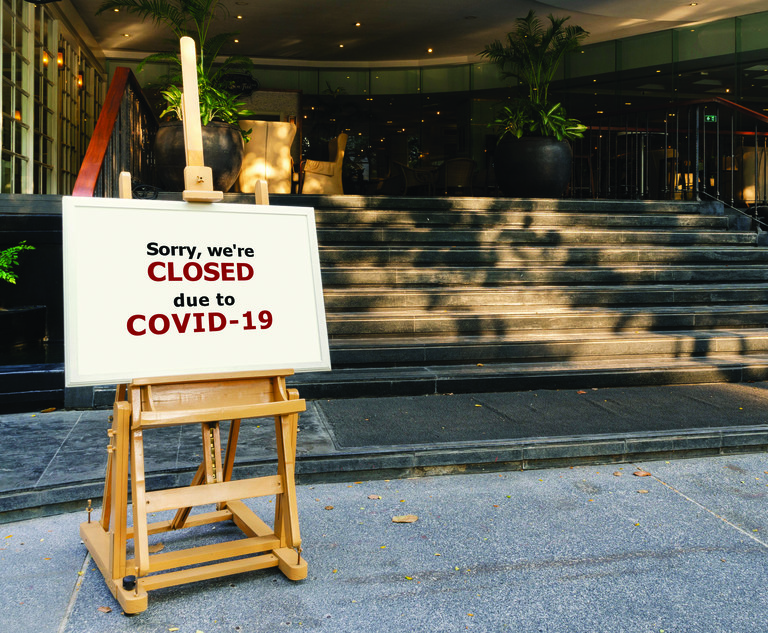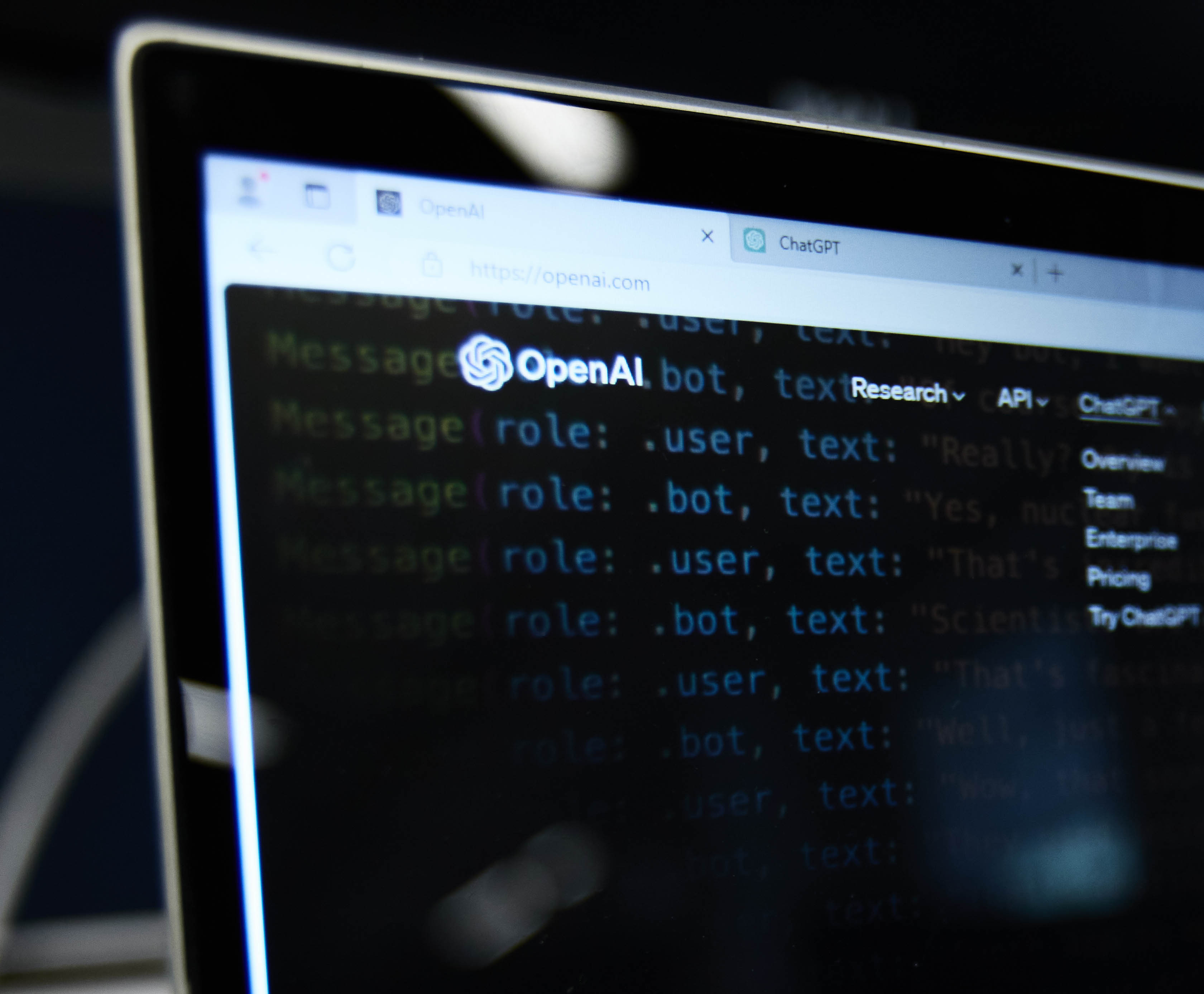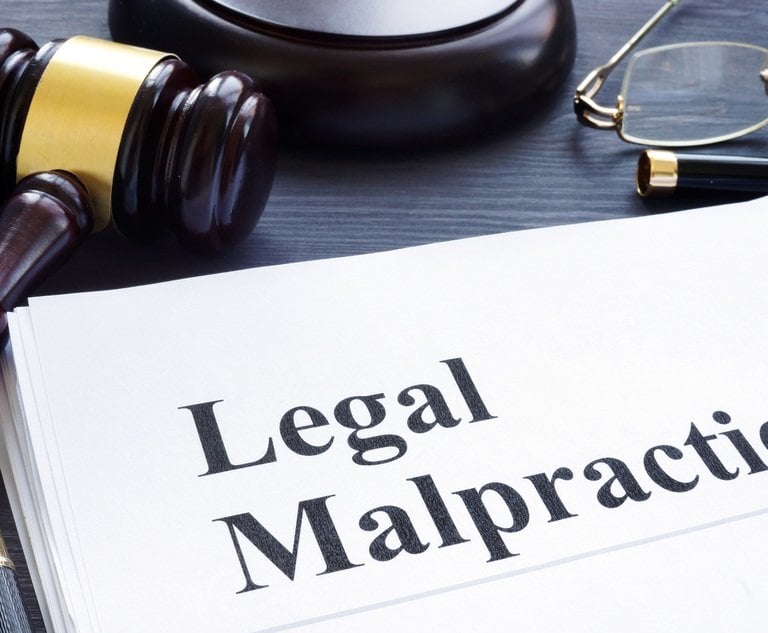Employee noncompete agreements are generally invalid under California Business & Professions Code §16600, which says that “every contract by which anyone is restrained from engaging in a lawful profession, trade, or business of any kind is to that extent void.” Courts have periodically created exceptions to §16600’s ban on anticompetitive covenants—from the so-called “trade secret exception” to, under Techno Lite v. Emcod, a “while employed” exception. 44 Cal. App. 5th 462 (2020); Dowell v. Biosense Webster, 179 Cal. App. 4th 564 (2009). But such exceptions violate the statute’s plain text and policy, and the California Supreme Court’s direction that §16600 “should not be diluted by judicial fiat.” Edwards v. Arthur Andersen, 44 Cal. 4th 947, 949 (2008). Just as courts have recognized that the “trade secret exception” does not square with Edwards, the same should be true for Techno Lite’s “while employed” exception.
Violation of Ban on Judicially Created Exceptions to §16600
The California Supreme Court’s decision in Edwards set the bar for evaluating (and invalidating) anticompetitive agreements. There, the Court invalidated an agreement that barred an employee “from working for or soliciting certain” of his employer’s clients following his departure. Id. at 942. The Court explained that the agreement violated §16600 as an unlawful restraint on the former employee’s lawful profession. Id. at 955. In doing so, the Court made clear that “Section 16600 represents a strong public policy of the state which should not be diluted by judicial fiat”—it is up “to the Legislature, if it chooses, [to] adopt additional exceptions.” Id. at 949-50.


 Jonathan A. Patchen, left, and Cheryl A. Cauley, right, of Baker Botts.
Jonathan A. Patchen, left, and Cheryl A. Cauley, right, of Baker Botts.




